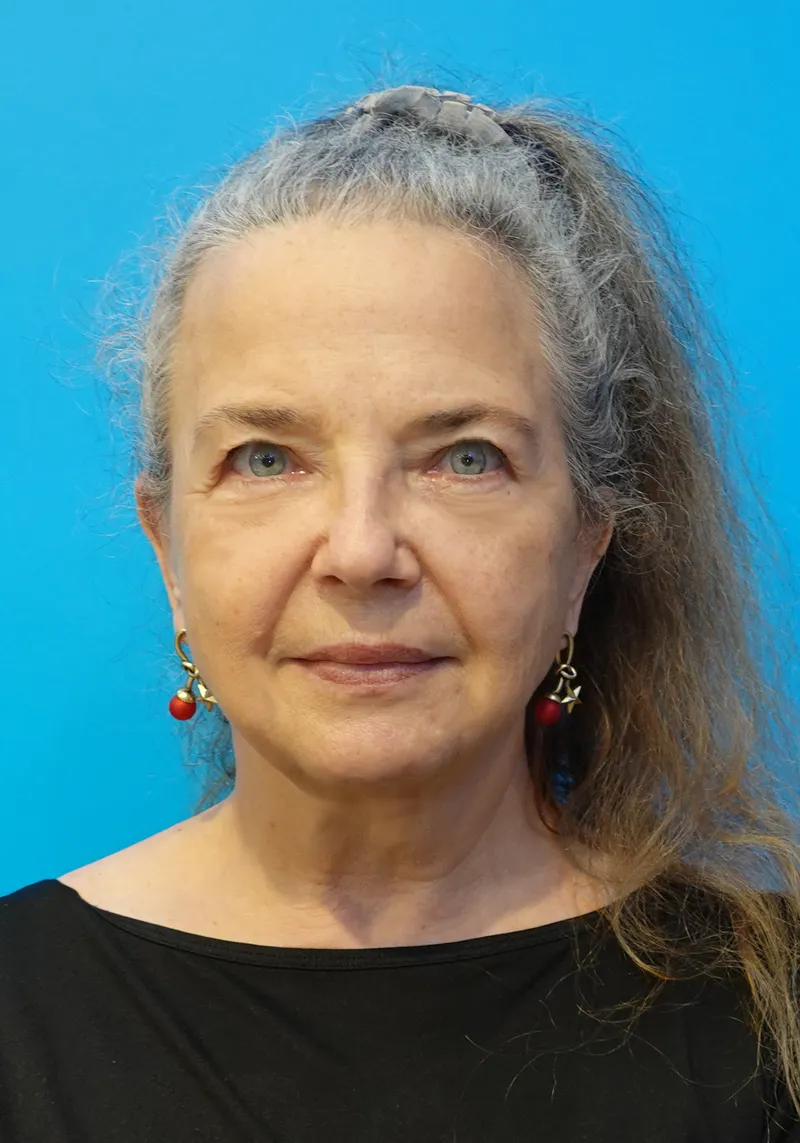How a stone-polisher grew to set up a non-profit that restructures the way students learn English
Based out of Jaipur, Litvill Lessons aims to provide a supplementary, but holistic approach to the process of learning English language.
Litvill Lessons’ origin is nothing short of inspirational. It is about Imran Rautan, a stone-polisher who rose to become a social entrepreneur with a non-profit company to help disadvantaged children like him in India fulfil their potential.
Imran, who grew up in a kind of a slum, had resorted to stone polishing from the tender age of 8 and still managed to finish secondary school. After this, he went to work at a small hotel. Through it all, he always wanted a better life replete with all its comforts—cars, fancy sunglasses and perhaps even a long coat.
At the hotel he worked, he realised many rich people had these privileges and spoke in English. He then began teaching himself the language through newspapers left behind by guests.

Imran Rautan, Co-founder of Litvill Learning
In many ways, the guests of the hotel were his tutors. Once, a foreign traveller arrived at the hotel and he requested her to teach him some phrases in English. Once she began assisting him, she took note of his progress. Eventually, she supported him through university which he attended from morning till noon, besides doing his full-time job for three years almost every day of the week.
“There might be millions of Indian kids like him, who have no opportunity to study, but have potential,” he says recalling his experience. He went on to complete a master's degree and even bagged a scholarship from a university abroad to do a PhD.
“I and the lady who helped me, Dolores Csabai, began working on an online English platform, and founded a non-profit organisation called Litvill Lessons Association early this year to help school-going children in India improve their English as well as thinking skills. I believe that I could make it so far, others can also make it with the help of Litvill Lessons,” he added.

Dolores Csabai, Co-founder of Litvill Learning
The teaching formula
As the founders put it, Litvill Lessons imparts lessons through a 60-30-10 learning formula. Imran explains, “60 refers to 60% self-learning by the students through our self-guided e-modules. Self-learning is the key to customization, as there are no two students alike, 30 refers to 30% learning with senior students who are at a higher level, while 10 refers to the 10% of learning that takes place with Litvill Lesson’s foreign teachers,” says Imran.
Senior students earn credits based on the number of classes that they can spend on mentor classes, he adds. Imran admits that some students may find the process of self-learning difficult.
“Our method might deter new students and we have to put in the extra effort to convince them that it works…” he says.
Ultimately, Litvill Lesson’s is looking to create a cohort of learners who can change the way people learn. “Our resources are limited. We want to spend it on those who deserve it and want to offer the opportunity to students who have the potential to grow… our aim is not to increase revenue but to raise excellent learners and thinkers,” he says.
All costs undertaken at Litvill Learning have been supported by private savings. It also charges a small fee for online classes.
(The story was updated to correct a factual error)
Edited by Akanksha Sarma






